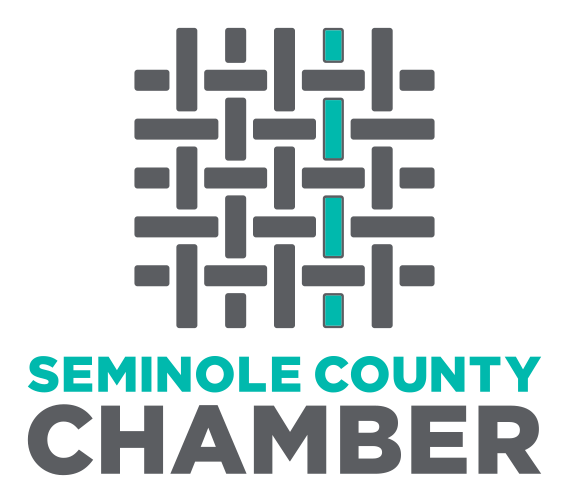Reserve funds are a key financial asset for your association, and provide a valuable source of funding for costly repairs, replacements and emergencies. Despite the importance of this resource, many Condominium Owners Associations are unsure as to what is needed to fund their reserve. Specifically, this blog will address two (2) concerns:
(1) What is required to fund the reserve account; and
(2) Requirements imposed by the newly passed Senate Bill 4D condominium inspection law as well as recent amendments to a significant portion of Florida Statutes Section 718, and how these will impact the operation of Condominium Owners Associations here in Florida.
What Is Reserve Funding? What Is Required to Fund the Reserve Account?
Reserve Funding is essentially a savings account for your association used to save money for costly repairs and replacements of community property. Think of it as the Association’s piggy bank or rainy-day jar. Reserve funds are typically spoken of as being held in one of two ways: pooled reserves and non-pooled reserves. Pooled reserves are funding for multiple assets (roofs, sidewalks, etc.) that are combined into one general account from which all expenses are paid. Non-pooled reserves are when each asset has its own account dedicated to its repairs and upkeep. Funds cannot be transferred under a non-pooled reserve method. Reserve accounts are often found to be underfunded significantly for the amount that could and should be done to keep the association’s community property in good working order.
Read More
The Orlando Law Group
-
Jennifer Englert Schmitt President
- May 30, 2023
- (407) 512-4394
- Send Email



